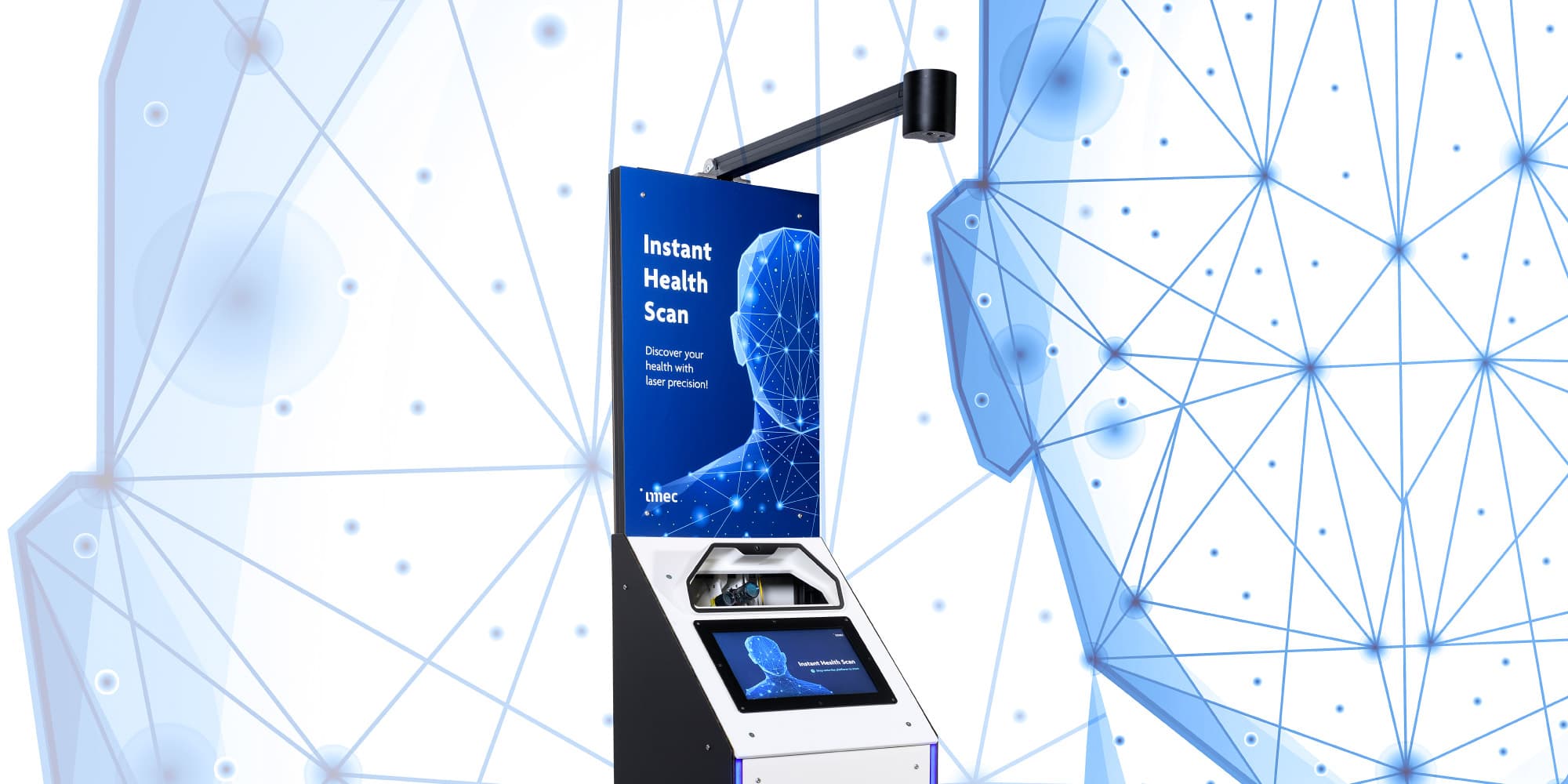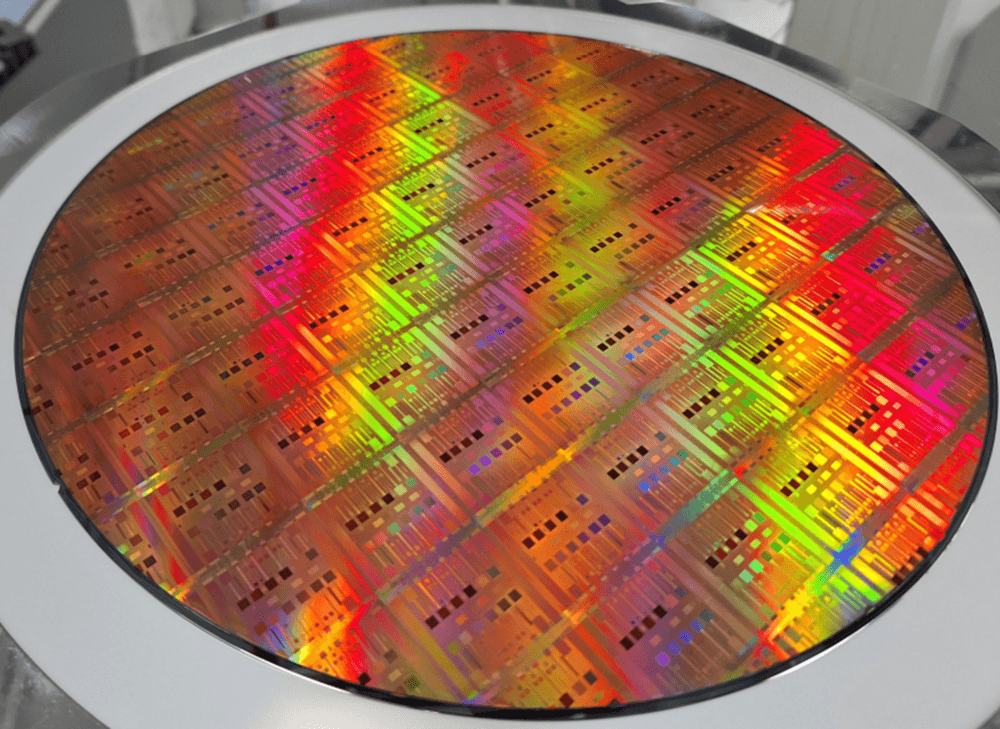
BLUESS
Bluetooth-based self-managed mesh networks for next-generation sustainable sensing
Bluetooth Low Energy version 5 (BLEv5) technology could be used to support smart buildings by enabling smart lighting, carrying IoT device signals and wirelessly powering low-power end devices. However, more research is needed into the development of an interactive network, known as a mesh network, that can handle many types of IoT traffic. The BLUESS project will develop an autonomous, energy-efficient BLEv5 mesh network for smart lighting capable of supporting numerous third-party devices and delivering wireless power to devices in a range of smart home and workplace applications.
New opportunities for Bluetooth Low Energy
Bluetooth Low Energy (BLE) technology was developed to let users directly interact with devices from their computers, tablets and phones. BLE ranges were previously very short, but with the release of a new meshing capability and long range features, BLE connectivity can become omnipresent. As a result, BLE is poised to become the leading IoT technology in home and building automation.
Optimizing Bluetooth Low Energy meshing for IoT applications
Several obstacles must be overcome before BLEv5 network meshing can be used in multi-device IoT settings. Default BLE mesh network configurations currently don’t support the different needs of multiple third-party devices. More, BLE meshing currently doesn’t allow battery-powered devices into the mesh to relay signal traffic, requiring a constant power supply to maintain the network. And finally, using wireless power transfer to power rechargeable or even battery-free ultra low power BLE devices is still unexplored territory.
High-performing, versatile and energy-efficient networks
The BLUESS consortium, made up of academic and industry experts in smart lighting, home automation, software, wireless networking and communication technologies, will address the following innovation goals:
- Duplicate a real-life network using the ‘digital twin’ approach to identify the best-performing BLEv5 mesh network configuration settings;
- Develop meshing extensions to adequately support the different traffic needs of third-party devices within the network;
- Provide effective lifecycle management of the mesh and its devices;
- Design energy-efficient and sustainable BLE mesh protocols to support battery-powered and battery-free devices.
Unlocking intelligent applications
The BLUESS project will yield detailed knowledge of the behavior, performance, rollout and management of BLEv5 mesh networks. Software for the different components of the network will be created as well as the software and hardware needed to enable wireless power transfer. And finally, hardware prototypes will be developed to demonstrate the solution in action. As a result, new applications in automation, IoT and smart lighting will be unlocked.
“The BLUESS project will develop an autonomous, energy-efficient BLEv5 mesh network capable of supporting numerous third-party devices and delivering wireless power to devices in a range of smart home and workplace applications.”
BLUESS
Bluetooth-based self-managed mesh networks for next-generation sustainable sensing
BLUESS is an imec.icon research project funded by imec and Agentschap Innoveren & Ondernemen.
It started on 01.05.2019 and is set to run until 30.04.2021.
Project information
Industry
- Delta Light
- Niko
- Spacewell
Research
- imec – IDLab IBCN – UGent
- imec – IDLab MOSAIC – Uantwerpen
- KU Leuven – ESAT-TELEMIC
Contact
- Project lead: Nico Volckaert
- Research lead: Jeroen Hoebeke
- Proposal Manager: Jeroen Hoebeke
- Innovation manager: Michael Peeters












